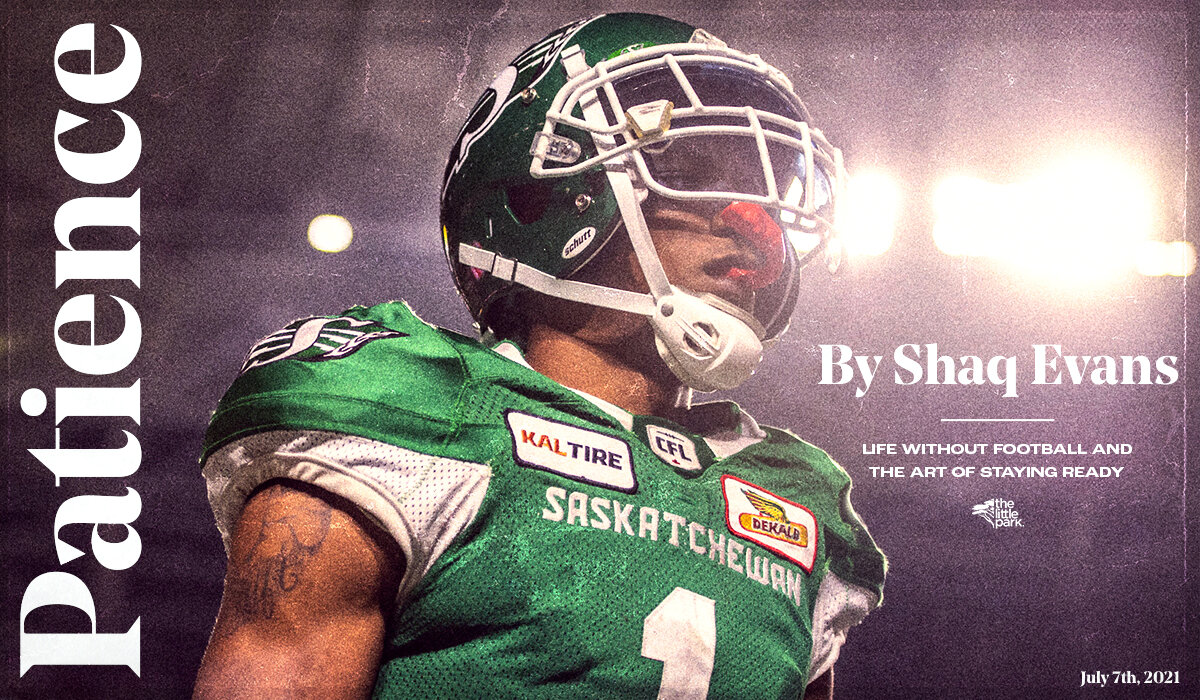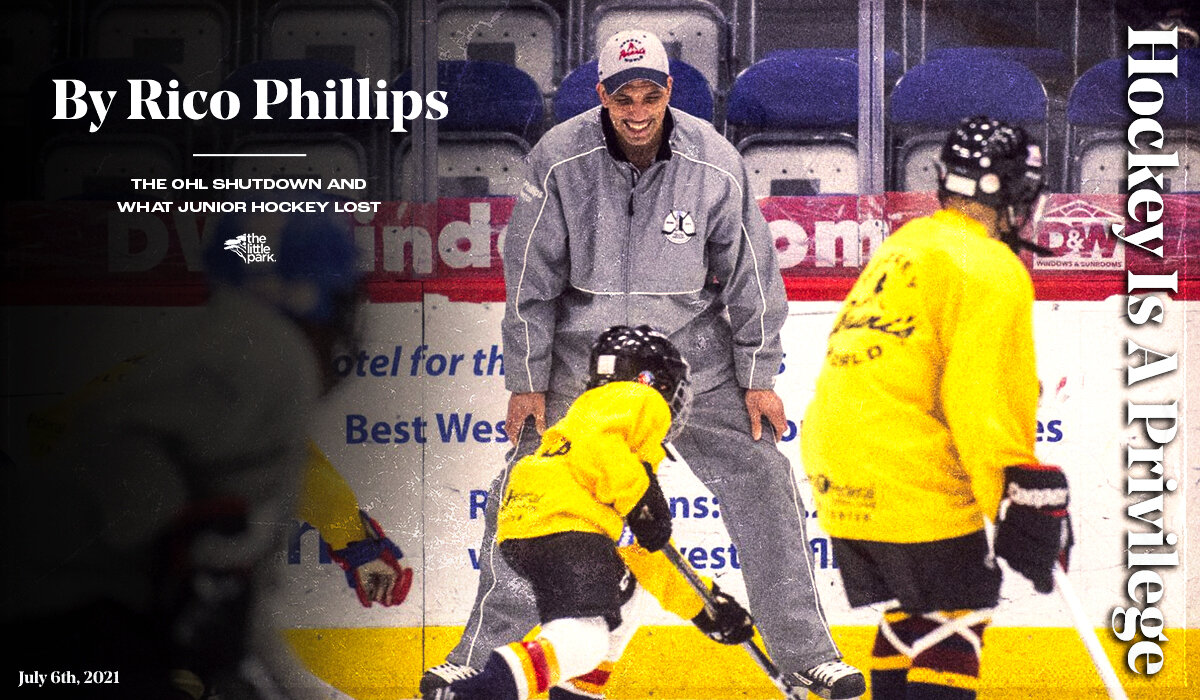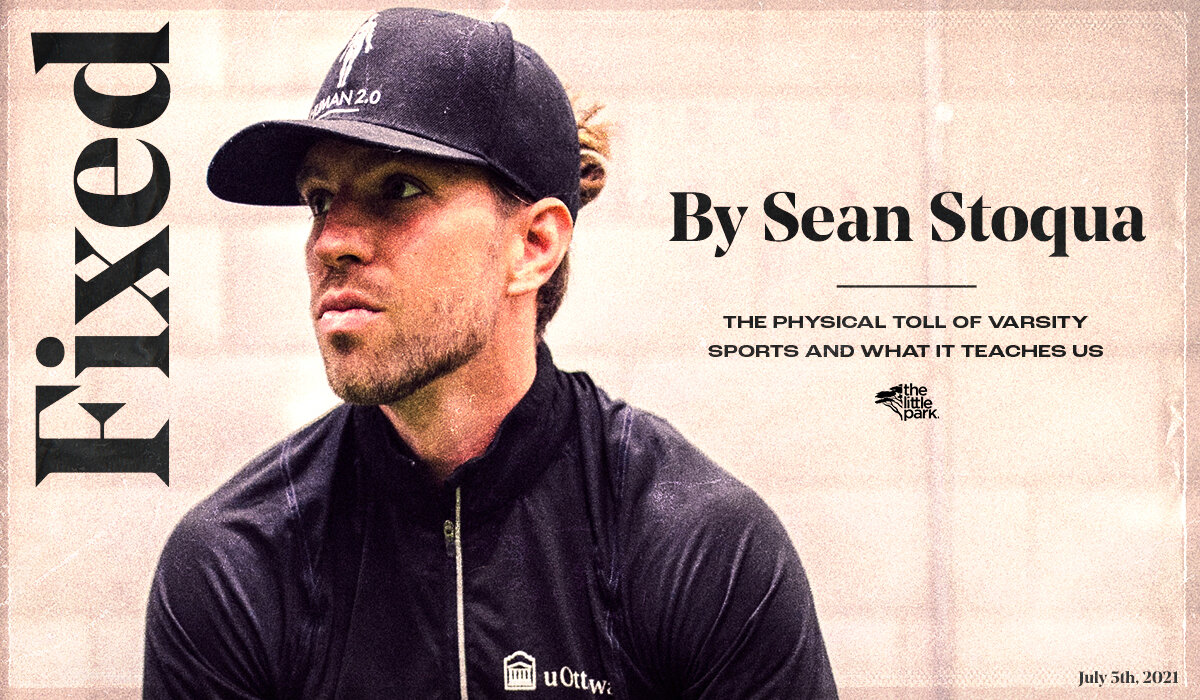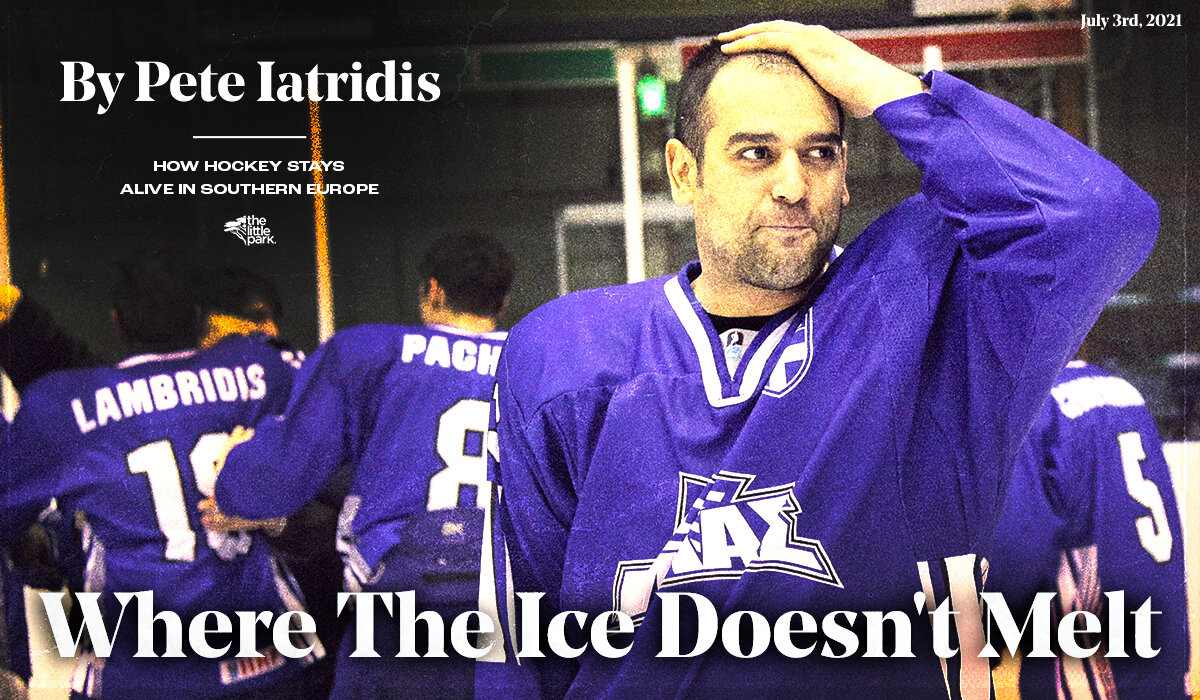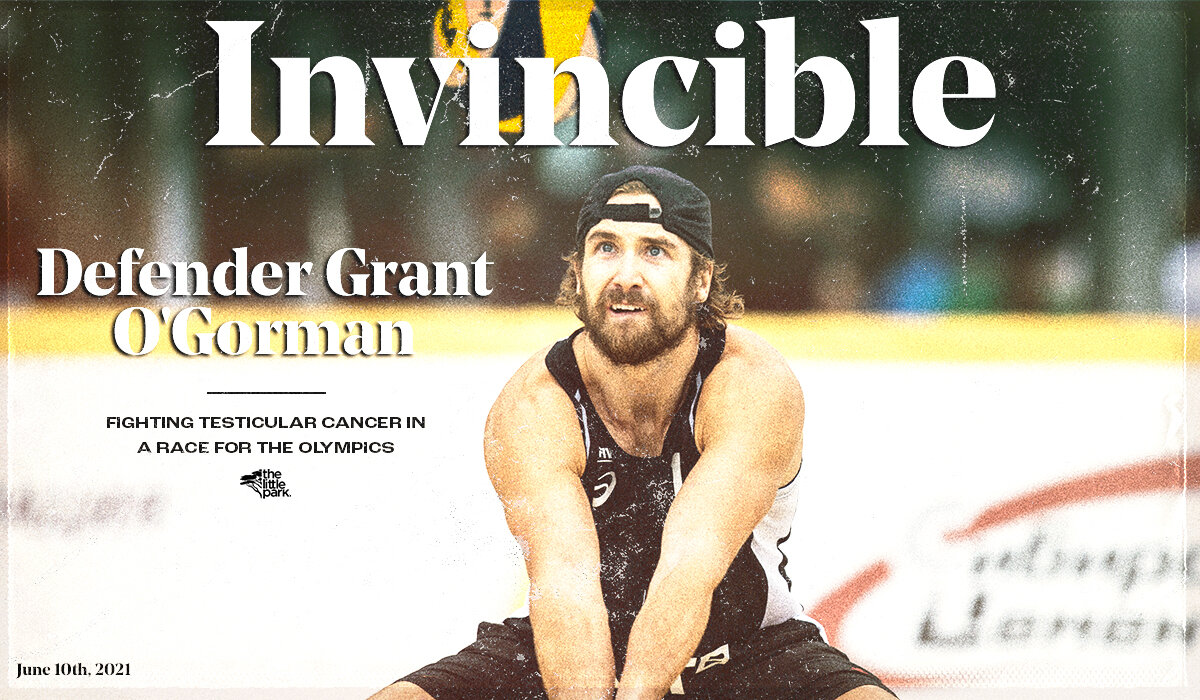I remember my first time hearing the name, “The Clan.”I remember our athletics community was hosting a pep rally for the upcoming season, as well as an icebreaker for the student-athletes, so they could all get to know one another. I remember sitting down and listening to Simon Fraser University’s athletic director and other staff. Then finally, the president of the student-athlete advisory council came up to give his thanks and introduce the 2016 class of student-athletes. At the end of his speech, he asked everyone to say “Go Clan” on three…That was the moment.I experienced what would be the first feeling of many; I felt like I didn’t belong. I felt uncomfortable with everyone joyfully chanting the name “Clan.” I was confused and wondering how others felt about the name. I assumed they didn’t feel the same way as me.As I attended Simon Fraser in my first year, I tried my best to ignore the team name. However, it came to haunt me and others. It was my first NCAA game and we were playing at an invitational at Seattle Pacific University. As we entered the gym, we sat down in the stands watching the game before ours. That’s when a guy came up to me and asked, “What team you play for?”I replied, “SFU…”“What's your team name?” “The Clan.”“Oh… we don’t do that here,” he replied.My heart skipped a beat, mainly because of the embarrassment I had. He was right. Where in North America have we allowed a school to have the sports teams named “The Clan”? It shook me to my core. I couldn’t deny or defend the name of the school I represented. Now, not only was I nervous for my first game, I felt the extra weight of embarrassment and opposition from everyone in the gym. It wasn’t SFU vs. the opposing team. It was “The Clan” versus everyone in the gym. This weight, this pressure, this demoralizing feeling to be introduced as part of the Simon Fraser “Clan” every time I was in the gym of the opposing team gave me a feeling of shame and embarrassment. Although attached to Scottish roots -- which I acknowledged and explained -- it felt that many folks had a different outlook when the name was brought up in their minds. Playing in the U.S., you could add the two together and the historic trauma of the Ku Klux Klan and its atrocities are brought front and centre.But, they say, it’s Scottish heritage.Playing for SFU added an extra duty many athletes didn’t have. It was my responsibility as an athlete not only to play my sport, but to educate every person that asked about my school name. It was uncomfortable. To carry this name felt as if I was carrying this burden along with me. It only became worse when we interacted with people in airports, along with fans, and random folks. I’ve had spectators comment on my play and congratulate me but end their statement with a question. “Why are you guys The Clan?” “I ask myself the same thing,” I would reply.The embarrassment never left; it only grew. The only people I could relate to were the family and friends I had back home; people I would only see when I came home for Christmas break. I remember my extended family asking the name of the team I played for at the dinner table. I hesitated. I knew it wouldn’t sit right with them, but I had to tell them because they were going to find out eventually. So, I did, and collectively, they laughed in confusion as to why a school would ever name their team the “Clan.” I felt embarrassed and a bit ashamed of my decision to attend Simon Fraser University.I grew up as a kid with a love for the game in Toronto and attended Bill Crothers Secondary School pursuing basketball, football, and track and field. Going into my final years, I decided to pursue my first love, basketball, and gained interest from a couple of mid-major schools in the U.S., as well as schools in U Sports. It all came to a halt when I fractured my fifth metatarsal in January of my senior year. Due to the complication of the injury, I needed surgery and was required to sit out a whole year. Fortunately, students in Ontario can take an extra year of high school – we call it a “fifth year” or “victory lap” -- so I did just that and came back to play in January 2016. With only two months left of the season, I was able to pick up two offers – one of those being from Simon Fraser University. The reason behind my pursuit of academic and athletic success at SFU was because of the unique opportunity presented. As Canada’s only NCAA school, I was able to compete against fierce competition and receive a Canadian education. It seemed like the perfect opportunity, so I took it. It sounded like the dream, but unfortunately during my time at SFU came with several battles experiencing racism and micro-aggressions. The commonality of the fetishization of Black male athletes in my university was prominent. This is particularly a problem within Vancouver as there’s a small presence of Black folks within our population (1.7 per cent). It’s very easy for people of colour to be seen as stereotypically exotic or foreign to many. For myself, being of Caribbean descent, part of a sport team, and an athletic build, it seemed like an “eye-catcher” for some. This attention wasn’t just drawn from women -- this was with friend groups, at parties, etc. The truth is: Everyone wants to be with the Black guy because it’s cool.At one point, you start to question those around you. Are these friendships genuine? Or are you being used for your image to propel others up the social ladder? My worst experience was yet to come. This past February, I stepped outside my house one afternoon to go back to school for a meeting with my coach and saw something different with my car. It looked scratched. As I stepped off my porch, my eyes started to outline the letters carved into the passenger side of my Acura.“N I G E R” I took my last step, a couple feet from my car, jaw-dropped at the sight. Somebody took the time out of their day and keyed “NIGER” on to my car. I was in shock, not only because it happened, but it happened to me. After standing there for five minutes looking at my car door, I decided to call my parents. They would know how to handle it. “Call the police and file a report,” said my mom. I called the police non-emergency hotline and told an officer what happened. I told them exactly what I was looking at. After writing down all the information about my car, insurance, and claim, the officer wanted to go over the details. I could hear her speak softly into the phone as she categorized this incident as “car mischief.” I paused her. I asked her again what she was categorizing this as. “Car mischief,” she repeated. I had to correct her. I asked her to file it as a hate crime. She told me that she couldn’t do that and therefore I asked for an officer to be sent to my house so they could investigate. She said there was no need since I had no surveillance of who did it. It was considered “a waste of time.”I was enraged, frustrated, anxious, but most of all, betrayed. I felt anxious because someone not only keyed my car, but they knew what I looked like and where I lived. I felt betrayed by those whose duty it was to protect me. I was put in a dark place, a place of cold-heartedness and bitterness to those I looked to as protectors.I went to my coach and explained the situation. In shock, he consoled me in my anger and frustration about the incident and brought it to social media. He addressed the issues of racism within the community and expressed that the Vancouver community needed to “wake up” from their slumber on the issue. I did the same, bringing it to light, and placing myself in the most vulnerable state. I shared with my social media followers the tragedy that I experienced. Almost immediately, I was hit with phone calls and messages of those close to me – supporting me at this time. I felt relieved and grateful to receive such positive support. Over the course of a few days, more and more people began to reach out to me: classmates, teammates, people within the athletic community, and random folks I had never met before. It was overwhelming to receive an enormous amount of support from those surrounding me. However, all this support and love didn’t fill the void inside. I felt on edge. As if at any given moment, I would need to fend for myself.And I just had to suck it up. I had to swallow all the emotions I felt and continue my duties and responsibilities as a student and an athlete. The world didn’t stop for me to catch my breath. I just had to keep going, keep studying, keep attending classes and showing up to practices. As an athlete I had to consistently prepare my mental state for games. I had to be ready. My team was competing for a spot in the playoffs and I couldn’t let them down. In retrospect, I felt like I never truly spoke up about these feelings or truly addressed the issue. But these same emotions came back when I saw my brothers Ahmaud Arbery and George Floyd brutality murdered on camera. I had to speak up. People had to know. I couldn’t be silent. My participation in the Black Lives Matter movement includes advocating and educating those around me. Addressing the problematic nature of the SFU team name is very much part of that. Although this is not the first time, I have vocally addressed my issues with the name, this moment in time felt particularly appropriate to bring up these matters with the school, in a way that would be taken more seriously. As a Christian, I believe God gave me the power to speak out about these issues. Going through what I went through gave me an opportunity to speak out and to say racism still exists today and it’s in your backyard or right in your face. Whatever you call home, I highly suggest you examine your environment because racism is likely there – you may not see it – but it is. This incident sparked a heart change within me. I couldn’t stay silent about this, people had to know. People had to know that we, oppressed people of colour, are still encountering the racist acts that many would describe as “things that happened back in the old days.” As a Black man on Burnaby Mountain, I was already marginalized by the lack of representation of my people within the school. I couldn’t stay quiet, I had to speak up and speak out. Over my four years at Simon Fraser University, it was addressed only once -- going into my fourth year. In my fight to help change the name, we conducted a poll amongst student-athletes concerning if the name should be changed or not. With the results, 77 per cent voted that the name should be changed. But it brought to a halt by the president of the school, Andrew Petter. It didn’t stop my fight and push for a name change. With the help of a great friend, Marie – we were able to spark this conversation once again. We believed in our fight and that our request for this name change was the right thing. We created a petition, sent emails, made phone calls, and used our influence to create a movement so Simon Fraser University would hear us loud and clear – hopefully for the last time. And here we are now, in the middle of our fight. This only goes to show that as an individual, you have so much power in your influence. It doesn’t matter what odds are stacked against you, if you can fight, you can fight. Believe in that and others will listen.To those that don’t agree with my views, I implore you to consider another person’s perspective – especially of those that do not look like yourself. I think a lot of people have an understanding of the name, and I know some may find it offensive to change the name. It’s not about being politically correct or having a misunderstanding of the origin or intention. I think people need to understand how the word can be weaponized, especially when most of our sporting events take place in the United States – where racial tensions have always existed. This word is traumatizing. It may represent Scottish heritage, but is dangerously close to the historical wounding of Black people in North America. I think our society, as well as the governing body at the university, needs to consider this and respond in an urgent manner. It’s been too long. It’s time.








